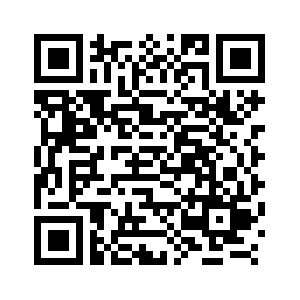UN launches initiative to boost human rights awareness among Somalis
Source: Xinhua
Editor: huaxia
2024-06-15 03:01:15
MOGADISHU, June 14 (Xinhua) -- The UN and the National Museum of Somalia on Friday launched a multilingual initiative centered on the Universal Declaration of Human Rights (UDHR) to increase understanding of human rights among Somali communities.
The UDHR translated into more languages spoken in Somalia -- Maadoonte, Chimini, Gare, Jiido, Baajuni, Dabaare, and Af Maay -- will enhance efforts to make the principles of human rights better known and understood among communities in Somalia, the UN Assistance Mission in Somalia (UNSOM) said in a statement issued in Mogadishu, the capital of Somalia.
"Language is deeply connected to identity, and an important means of expressing who you are, your history. Understanding the past helps make meaning in the present and given the role of oral history in Somalia, is it reflective of the country's rich diversity and cultural heritage," said Chief of UNSOM's Human Rights and Protection Group Kirsten Young during the launch in Mogadishu.
The event was also attended by community representatives and museum officials and involved presenting the UDHR multilingual versions and artwork that reflects the culture of the linguistic communities to the public.
Young said that the event was the culmination of a long-running project that involved different communities. She said the Universal Declaration of Human Rights is inclusive and it is for everybody.
"The more inclusive we can be in ensuring it is available in different languages, the more inclusive it will be in terms of people understanding that these are their human rights and that they can claim them," she added.
The Director of the National Museum Osman Geedow Amir welcomed the initiative that helps individuals and communities understand and take ownership of their rights in their local dialects.
Amir noted that the project was aligned with the institution's role centered on encouraging unity, bringing communities together, and helping them preserve their cultural heritage.
"The public display, which includes the UDHR translated into various dialects, simplifies or localizes human rights, which in Somalia have been at times overlooked," he said.
The UDHR, adopted by the UN General Assembly on Dec. 10, 1948, set out for the first time fundamental human rights to be universally protected and is recognized as having paved the way for the adoption of more than 70 human rights treaties applied today at global and regional levels. ■



